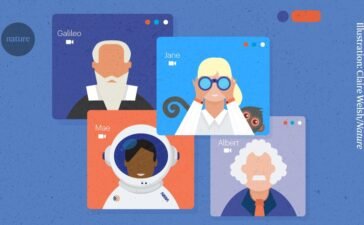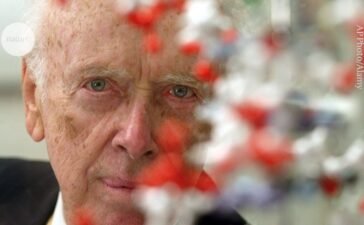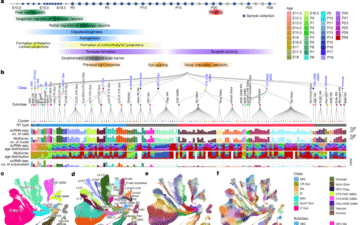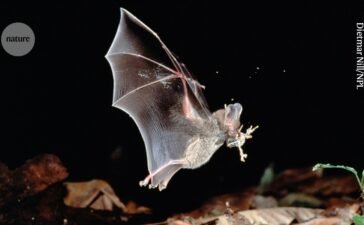“When harvesting wind energy, keeping an eye on turbines is crucial, particularly on an island as windy and tropical as Tenerife. There’s a lot of humidity and salt from the sea, as well as sand from the Sahara Desert. These conditions test the turbines, which easily accumulate dirt or rust.
This picture was taken in May at the headquarters of ITER, Tenerife’s renewable energy technology institute, where I work. My team has installed 28 wind turbines at this site. I’m holding a tablet equipped with software to monitor their performance. ITER owns 47 turbines across six sites on the island. These power about 50,000 homes. Tenerife, the largest of Spain’s Canary Islands, used to depend completely on non‑renewable energy — mostly imported diesel and crude oil. Now, 20% of our electricity is produced by the Sun and the wind.
Wind energy will be important in protecting the environment, but I’m also aware that a wind farm can blight the environment. That’s why it’s important to plan well and make sure that the benefits of a wind farm outweigh its environmental drawbacks: before we build anything, we consider factors such as visual impact, noise, the effect on fauna and flora, and soil erosion. That is why most countries, including Spain, don’t allow wind farms in protected areas.
Renewable energies should be seen as a tool, but they’re not the only answer to society’s energy problems. Electricity consumption has been rising for the past 50 years and there doesn’t seem to be a plan or any real ambition, internationally, to stop it. It’s important that everyone — both individuals and governments — realizes that, at some point, we’ll have to simply reduce our consumption. The cleanest energy of all is that which we don’t consume.”
This interview has been edited for length and clarity.
You Might Also Like
I have Einstein, Bohr and Feynman in my pocket
How’s this for an academic dream team? Albert Einstein, Niels Bohr and Richard Feynman. The three physicists and I often...
DNA pioneer James Watson has died ― colleagues wrestle with his legacy
Watson shared in the 1962 Nobel Prize in Physiology or Medicine for his role in elucidating the structure of DNA....
Continuous cell-type diversification in mouse visual cortex development
Mouse breeding and husbandryAll experimental procedures related to the use of mice were approved by the Institutional Animal Care and...
By the time you hear these bats, it’s too late
RESEARCH HIGHLIGHT 01 November 2025 The fringe-lipped bat ambushes its prey, helping to make it an exceptionally efficient hunter. Source...










